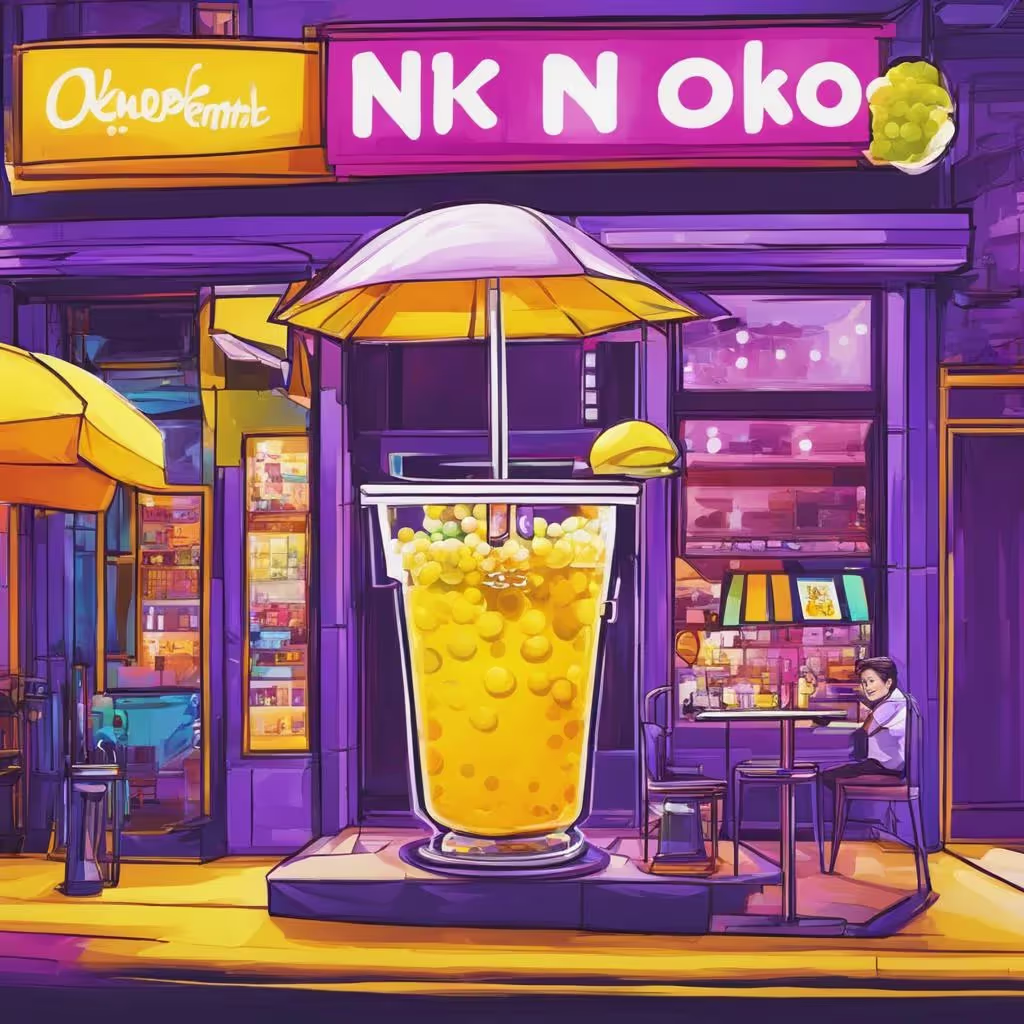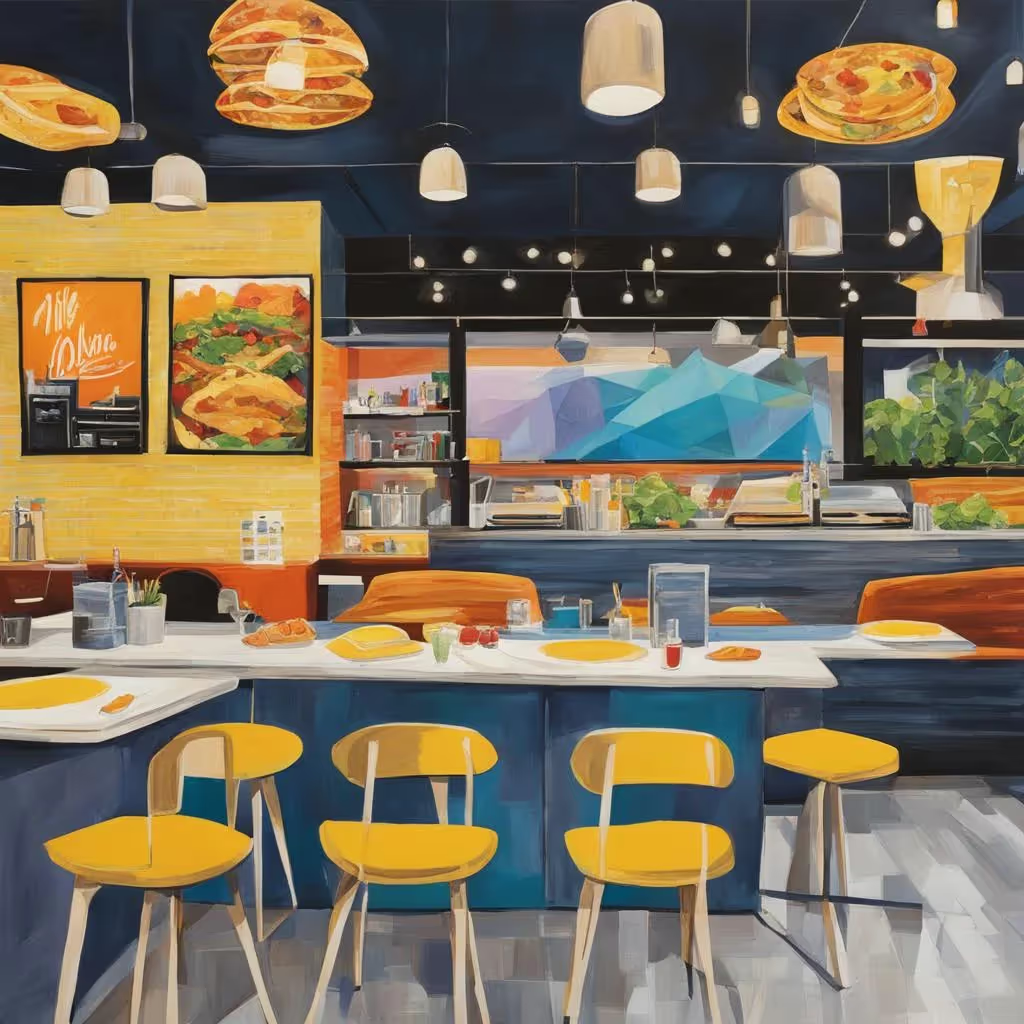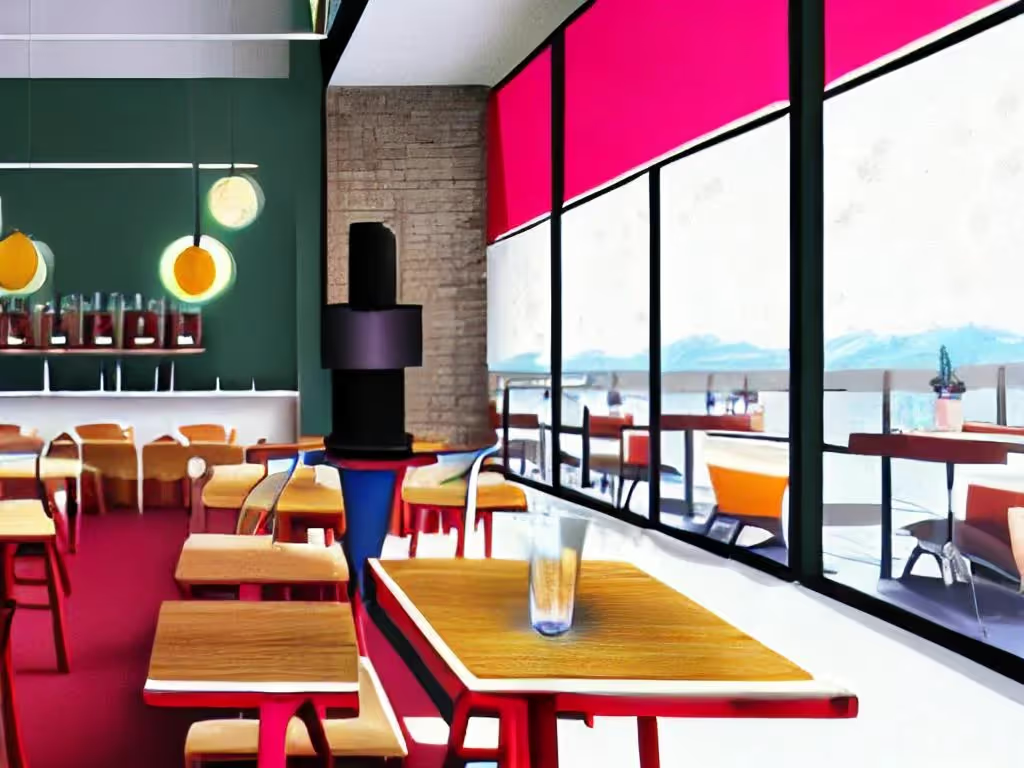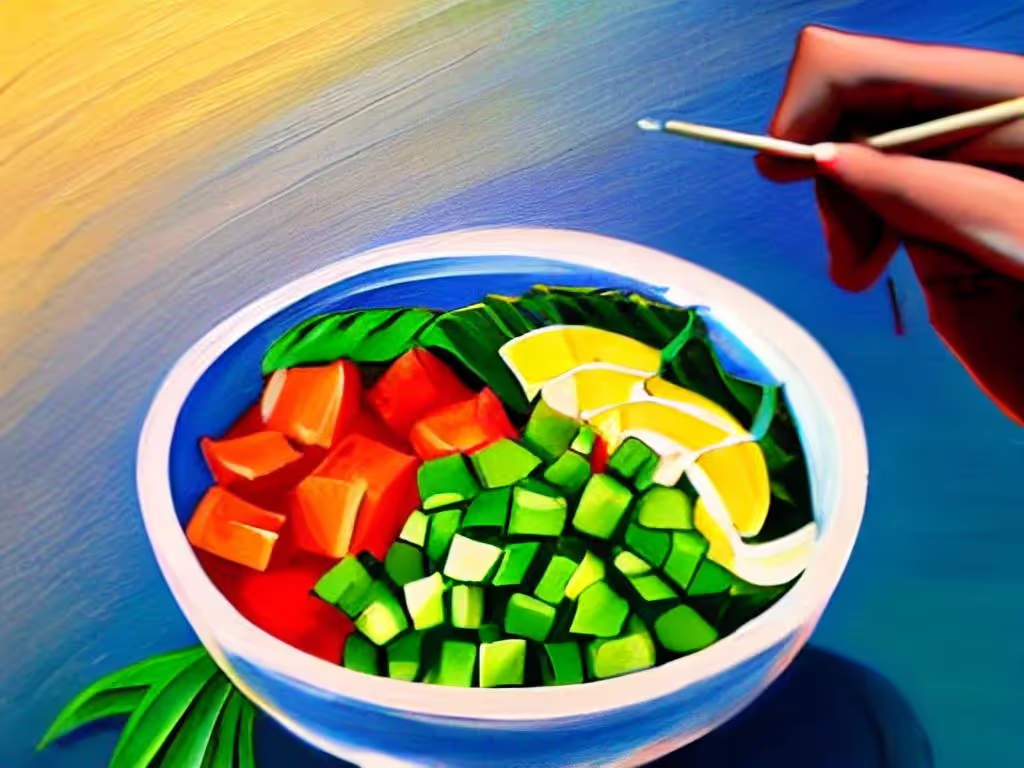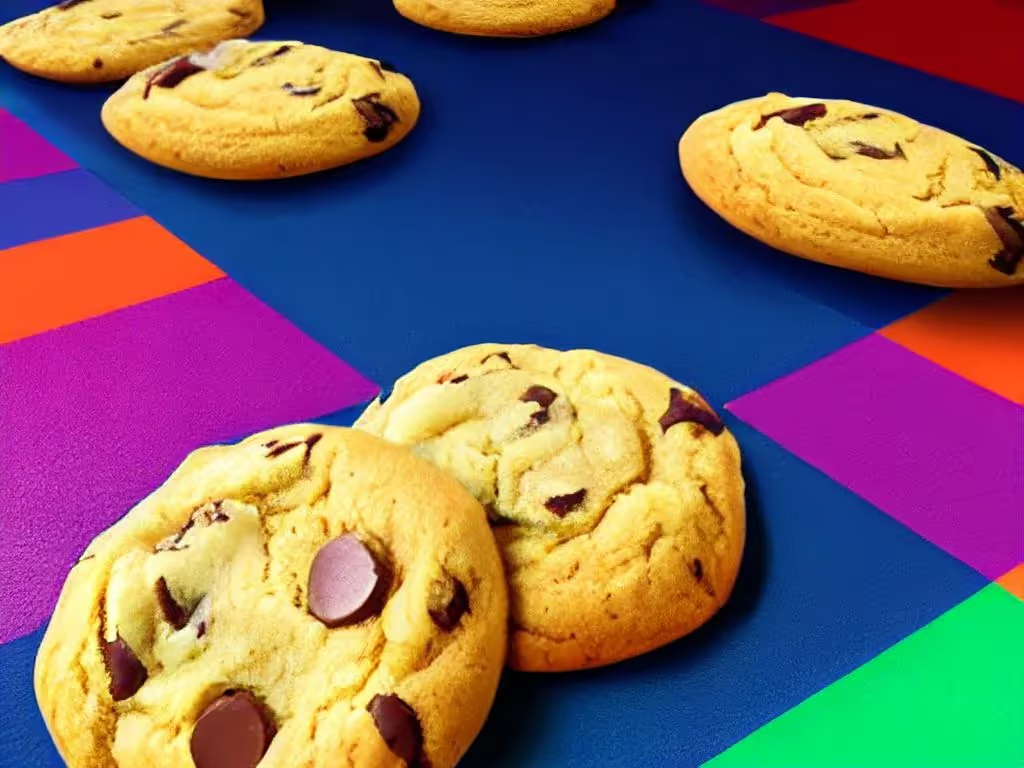TLDR
Maybe you're debating whether to sign an exclusive partnership deal with one of the big food delivery services like DoorDash or Uber Eats. On the one hand, locking into an exclusive deal seems risky. What if you're missing out on sales from other platforms? But on the other hand, the incentives and perks these companies offer in exchange for exclusivity can be pretty sweet. Take it from Wingstop. They chose to sign an exclusive nationwide partnership with DoorDash in 2019, and it was one of the smartest business moves they ever made. If you're still on the fence about exclusivity, here are the key reasons Wingstop's CEO says it was the right choice for their business—and why it could be right for yours too.
What Is an Exclusivity Deal and Why Do Delivery Apps Offer Them?
Exclusivity deals are arrangements where restaurants agree to use only one delivery service, like DoorDash or Uber Eats, in exchange for perks like lower commission fees and marketing support. For delivery apps, exclusivity deals are a way to gain more restaurants and customers.
As a restaurant owner, an exclusivity deal may seem appealing. You get exposure to the delivery app’s huge customer base and pay less in fees since the delivery app wants to keep your business. However, there are downsides to consider before signing an exclusivity agreement.
Loss of Control
When you sign an exclusivity deal, you lose the freedom to use other delivery services. If the delivery app’s service declines or fees increase dramatically, you’re locked in. You also can’t take advantage of promotions from competitors to reach new customers.
Reliance on One Partner
Putting all your eggs in one basket is risky. If the delivery app faces technical issues, your restaurant won’t receive any delivery orders during that time. You’re also dependent on the delivery app’s marketing to drive delivery sales. If their marketing isn’t effective, your delivery numbers may suffer.
Hidden Costs
While the upfront fees of an exclusivity deal seem appealing, there are hidden costs to consider. The delivery app may require you to offer special promotions that cut into your profit margins. They can also make changes to the terms of your agreement at any time since you have no other options.
Exclusivity deals aren’t for every restaurant. Before signing one, make sure the pros outweigh the potential downsides. If you go through with an exclusivity deal, be prepared to frequently evaluate how it’s impacting your business to ensure it’s still the right choice. With some caution and close monitoring, an exclusivity deal could propel your delivery success.
The Pros of an Exclusivity Partnership: Why Wingstop Chose DoorDash
If you own a restaurant, you've likely gotten calls from delivery companies wanting to partner up. Maybe you've already signed on with one or more of the big names like DoorDash, Uber Eats or Grubhub. But have you considered an exclusivity deal? Wingstop recently signed an exclusive 3-year partnership with DoorDash, and here's why that was a smart move.
First, Wingstop likely got a sweeter deal and better rates by committing to DoorDash alone. As DoorDash’s only partner for wings, Wingstop can negotiate the best possible terms. They may have gotten lower commission fees, marketing perks or data sharing in exchange for exclusivity.
Second, it simplifies things for customers. With only one delivery option, it’s easy for Wingstop fans to know where to order their wings. No bouncing between apps or comparing prices on different services. Just open DoorDash and order away.
Third, it allows for innovation. As exclusive partners, DoorDash and Wingstop can work closely together to test new programs, roll out innovative features or try different delivery models. Things like group ordering, catering delivery or flash sales may be on the horizon.
Of course, there are downsides to consider with an exclusivity deal, like less exposure if customers prefer other delivery companies. But for Wingstop, the benefits of partnering solely with DoorDash seemed to outweigh the potential disadvantages at the time. By negotiating the best possible terms, simplifying for customers and enabling innovation together, Wingstop's all-in bet on DoorDash could have very well paid off in the long run.
Why Wingstop Added Uber Eats to the Mix: Bring In More Guests
Wingstop chose Uber Eats because it has a loyal following on its platform that reaches millions of consumers.
Loss of Customer Base
When you sign an exclusive contract with one delivery app, you cut off access to all the customers who prefer using other services. Many people are loyal to a particular delivery app and won’t switch over just for one restaurant. By limiting yourself to a single service, you lose the opportunity to reach those potential new customers and gain their business.
Over time, locking yourself into an exclusive deal can seriously hurt your customer base as people’s preferences change. The delivery app market is still evolving, and a service that’s popular now may fade into obscurity in a few years. If that happens, you’ll be stuck with an exclusive contract for a delivery app no one wants to use anymore. By keeping your options open, you have the flexibility to switch between multiple services and go where your customers are.
Limited Options and Less Negotiating Power
Signing an exclusive contract also limits your ability to negotiate the best deal for your business. When you can only use one delivery service, they have little motivation to offer you competitive fees, commission rates or promotional support. You have no leverage since you can’t threaten to take your business elsewhere.
In contrast, by using multiple delivery services, you create competition for your restaurant’s business. Each service will work to offer you the most attractive terms to win you over as a partner. You’ll have more power to negotiate lower commission fees, higher visibility, and bigger marketing campaigns. Over time, these kinds of concessions can translate into major cost savings and revenue boosts for your restaurant.
While exclusivity deals seem appealing in the short term, the long term consequences to your customer base, options and negotiating power should give any restaurateur pause. Keeping your delivery options open and avoiding restrictive exclusive contracts is the smart strategy for sustained success. Using multiple delivery services gives you the flexibility, reach and leverage to get the best value for your business.
Final Thoughts
So there you have it, the truth behind Wingstop's deal with DoorDash and what it means for the restaurant industry. As you've seen, exclusivity partnerships aren't for everyone but for Wingstop it was clearly the right choice at a given place and time -- and then it wasn't. They were able to leverage DoorDash's marketing muscle and technology to rapidly expand their delivery program across the country. At the same time, they avoided the hassle and extra costs of working with multiple delivery companies until it was absolutely critical for their growth. If you're a restaurant owner considering a delivery program, take a page from Wingstop's playbook.


.webp)


.webp)
.png)
.avif)

.webp)
.webp)
.webp)

.webp)









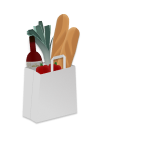







.svg)
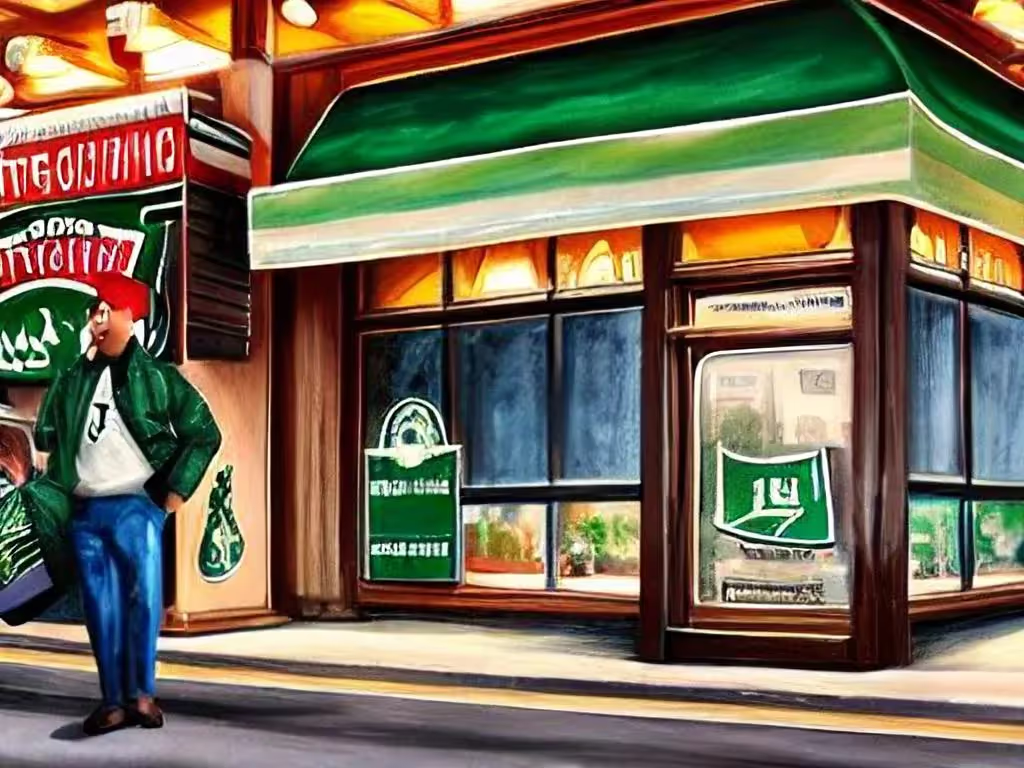




.svg)
.svg)
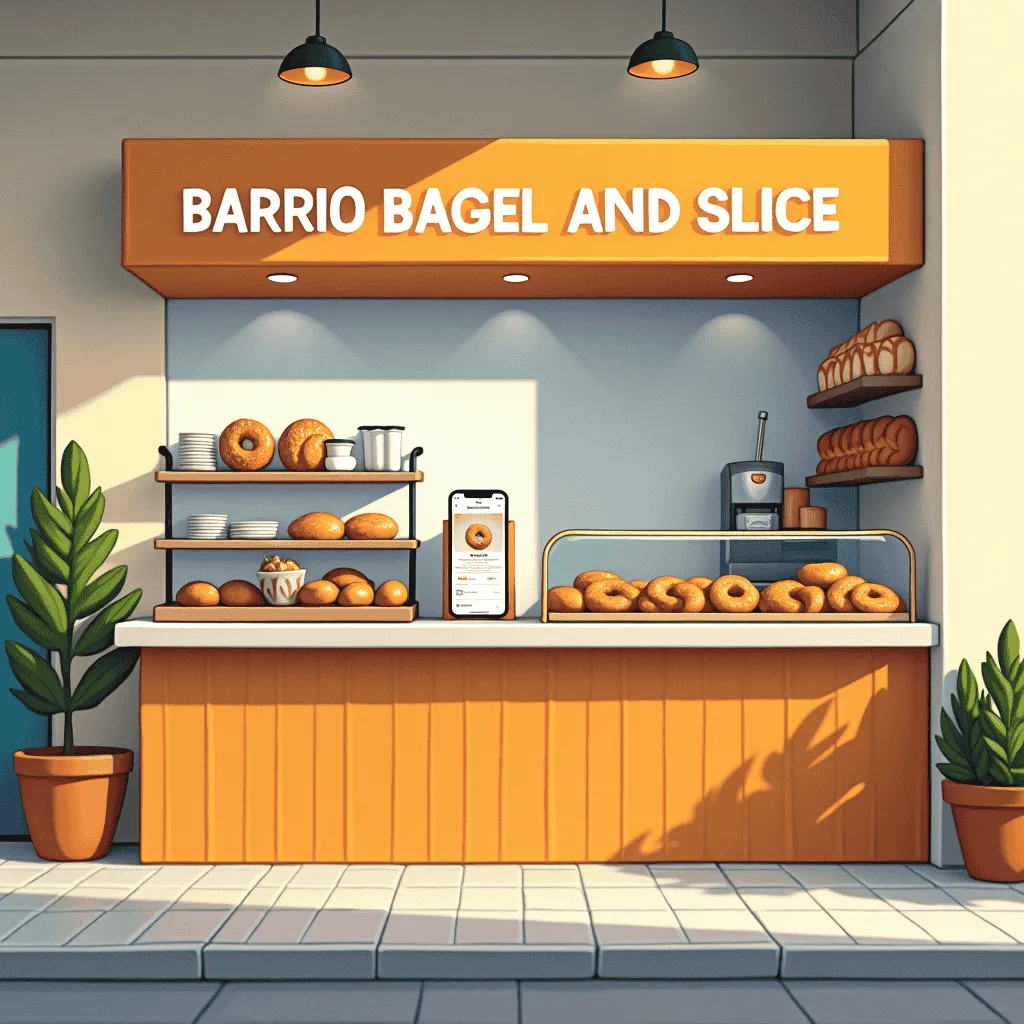

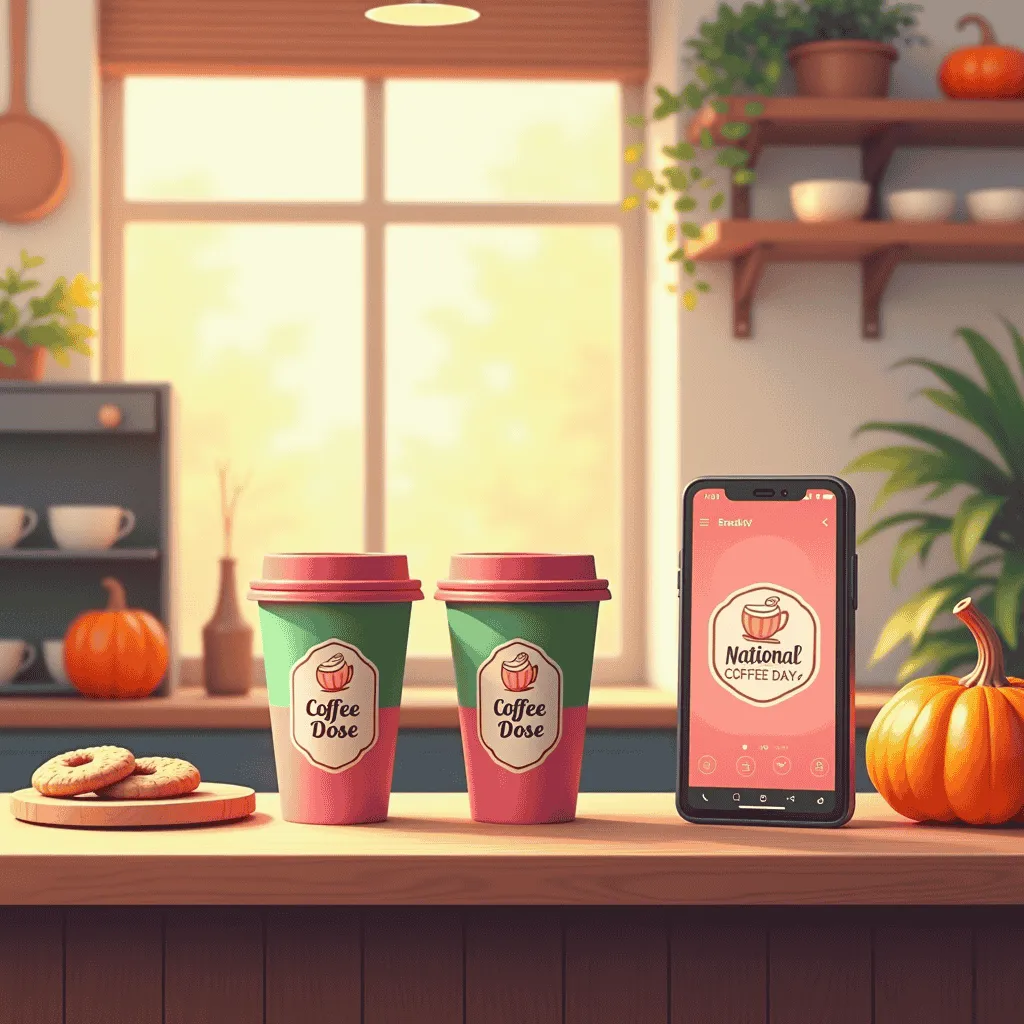
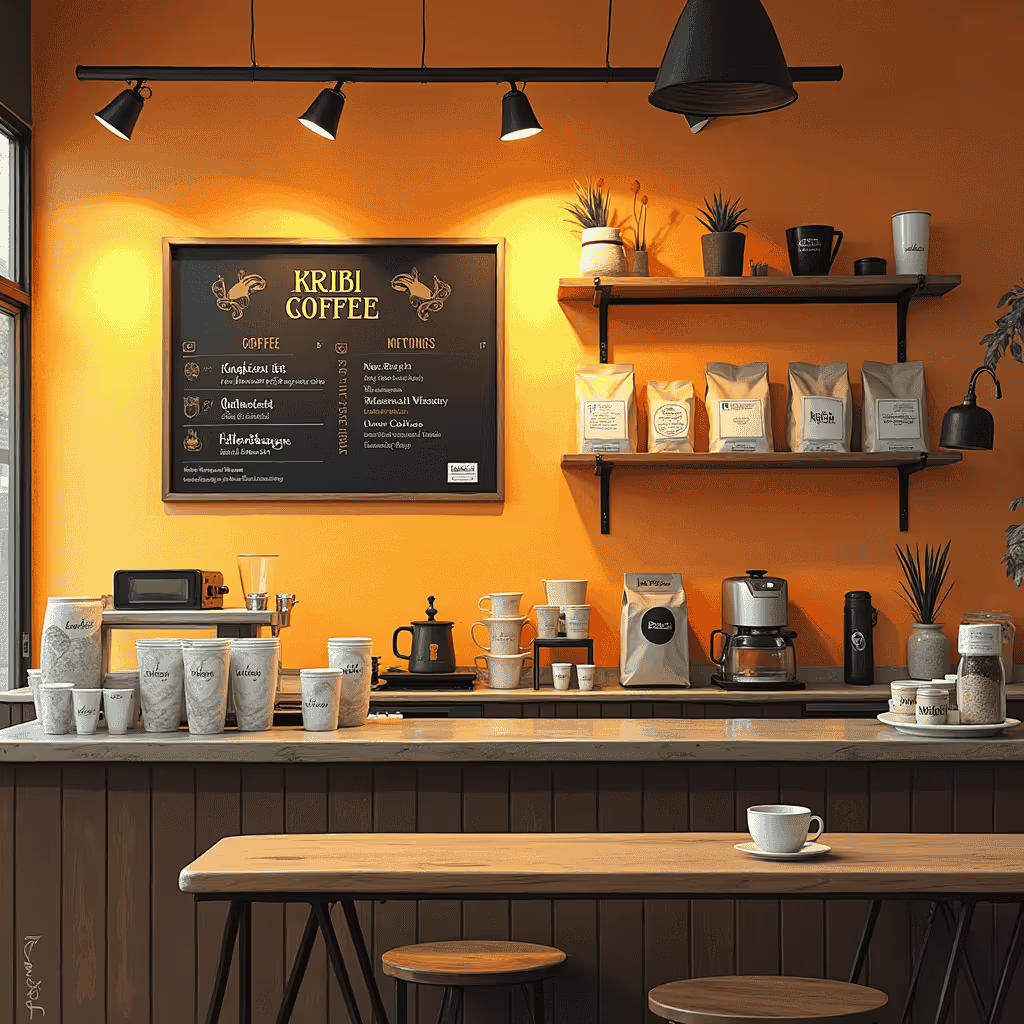
.avif)
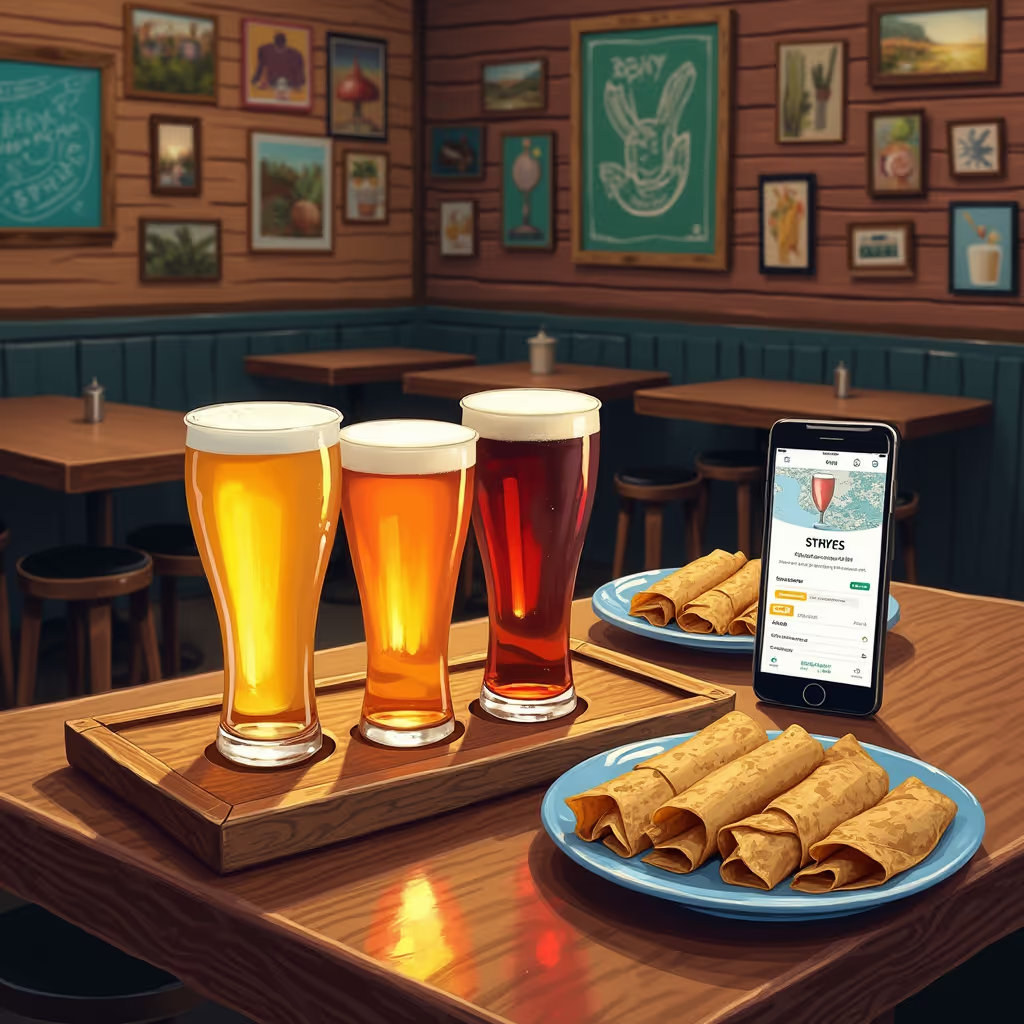
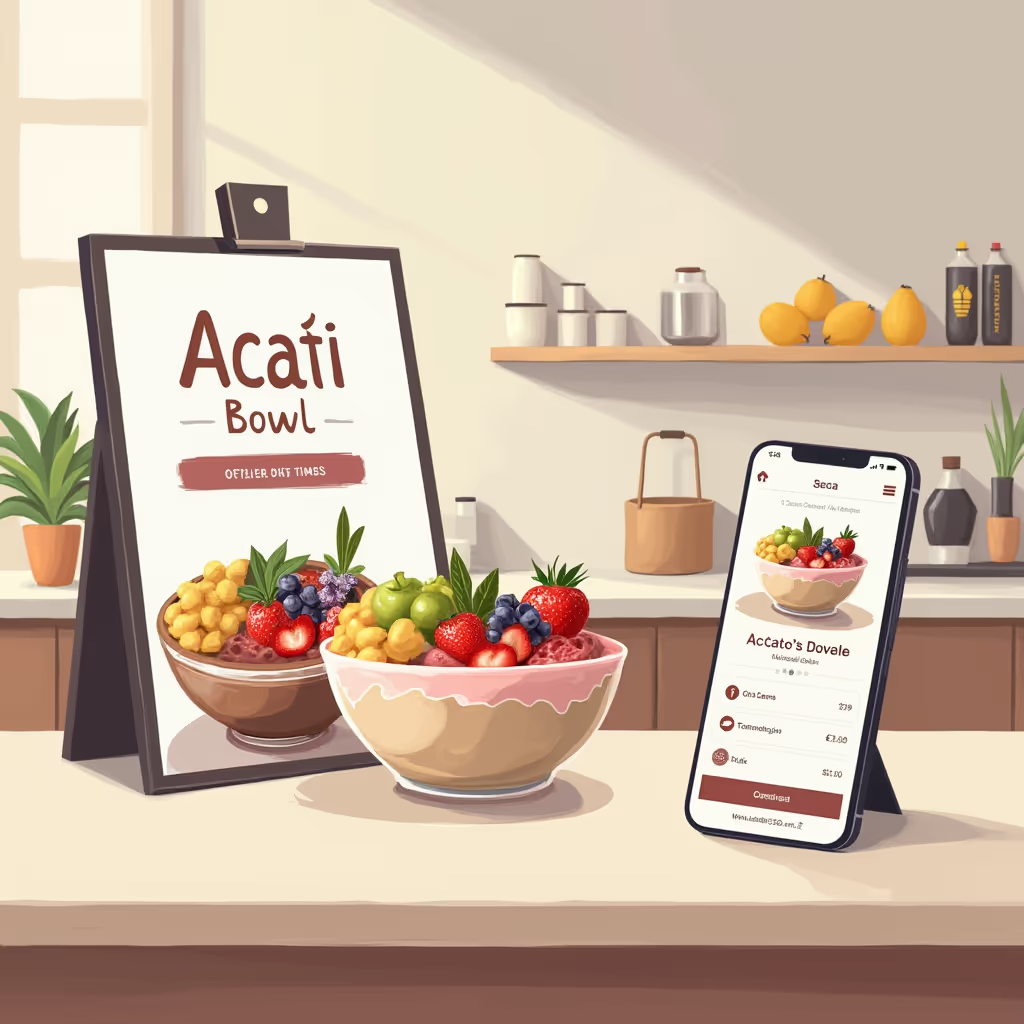

.avif)
.avif)
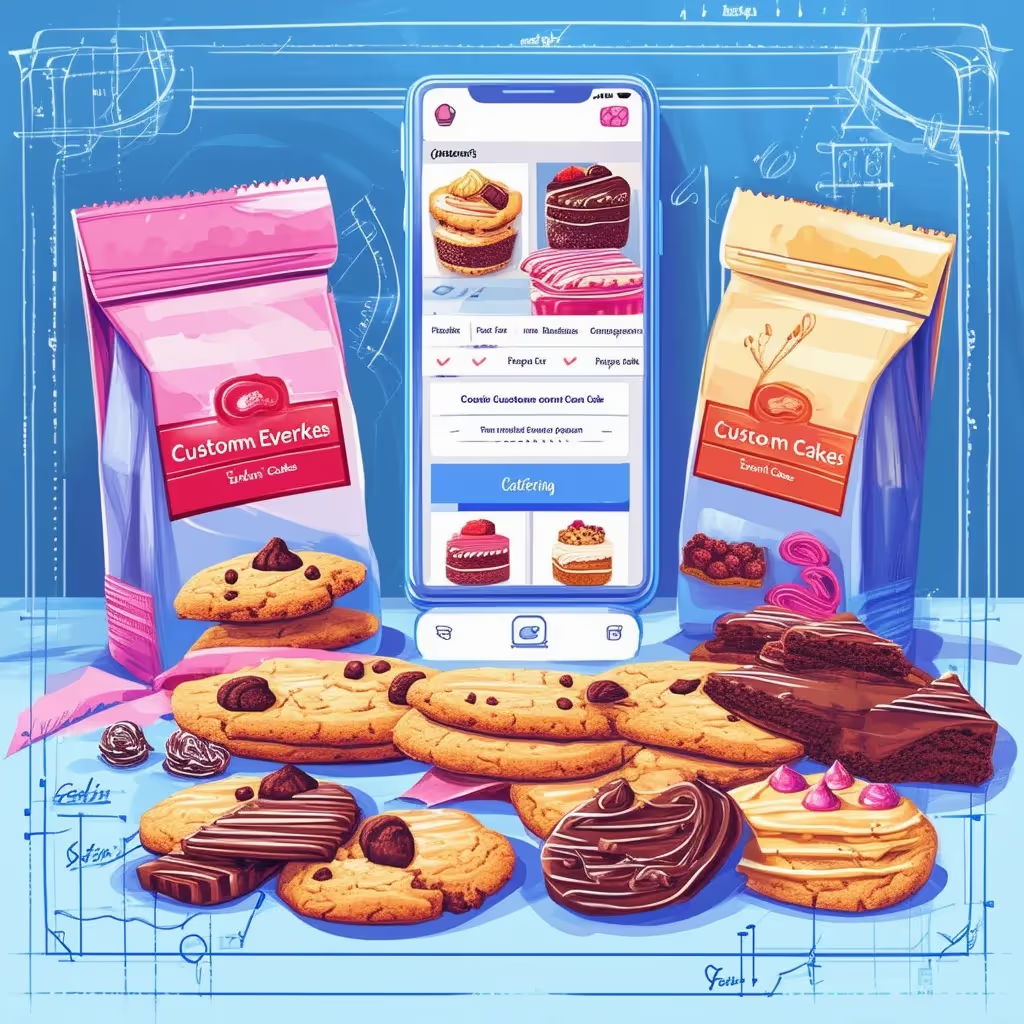
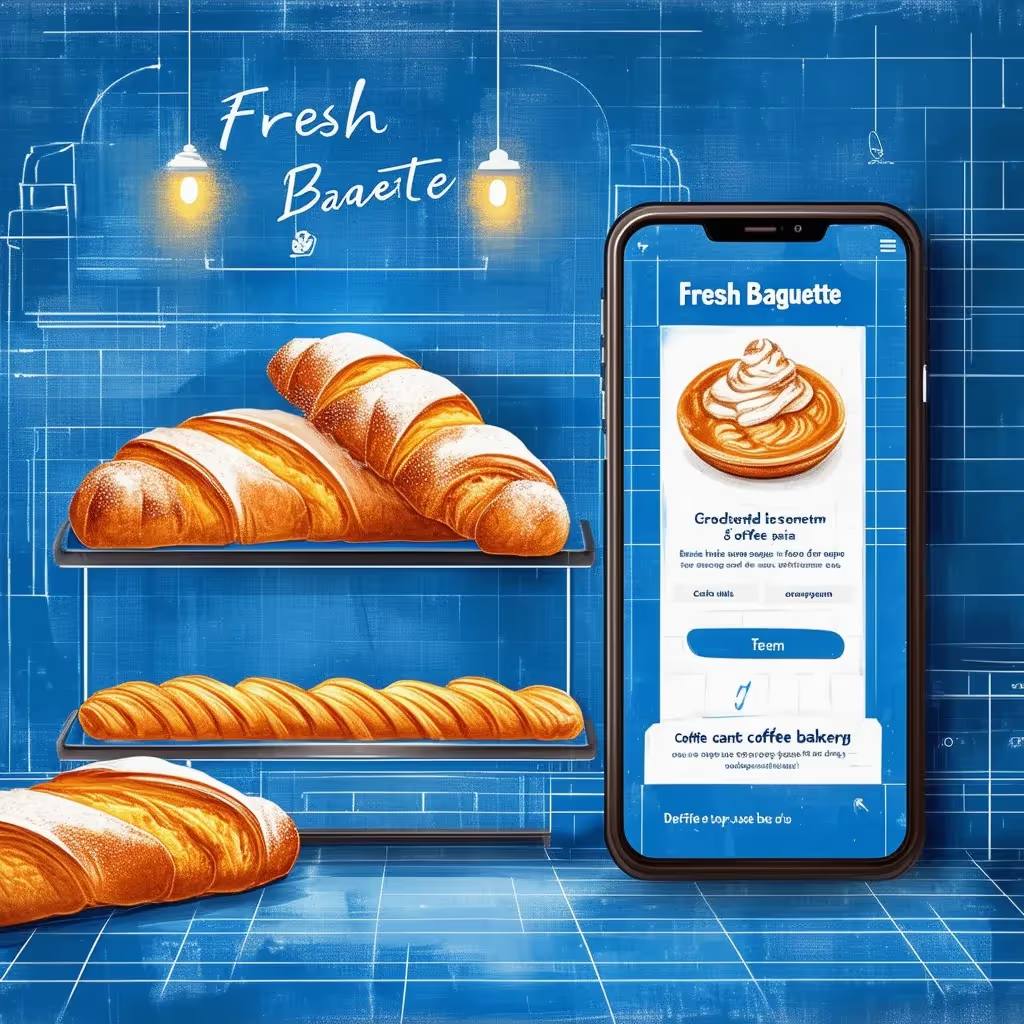
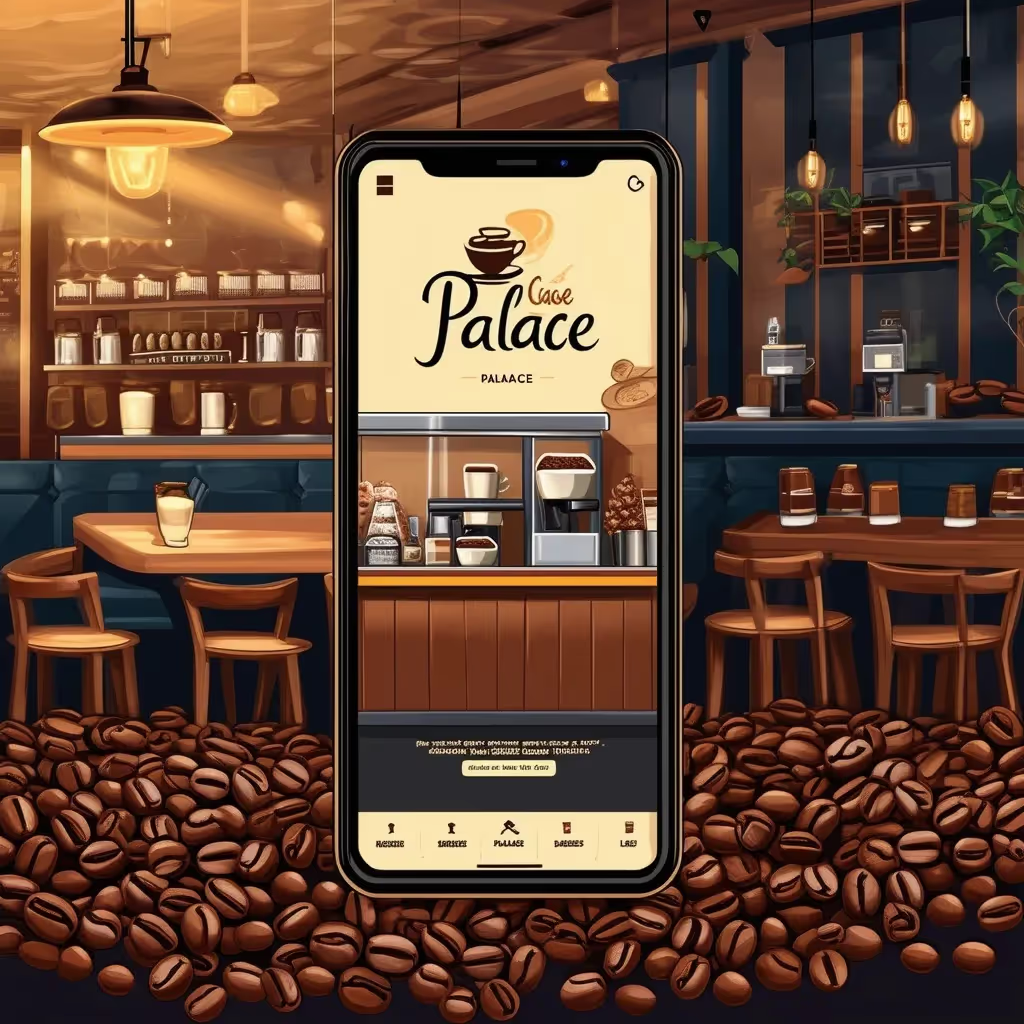
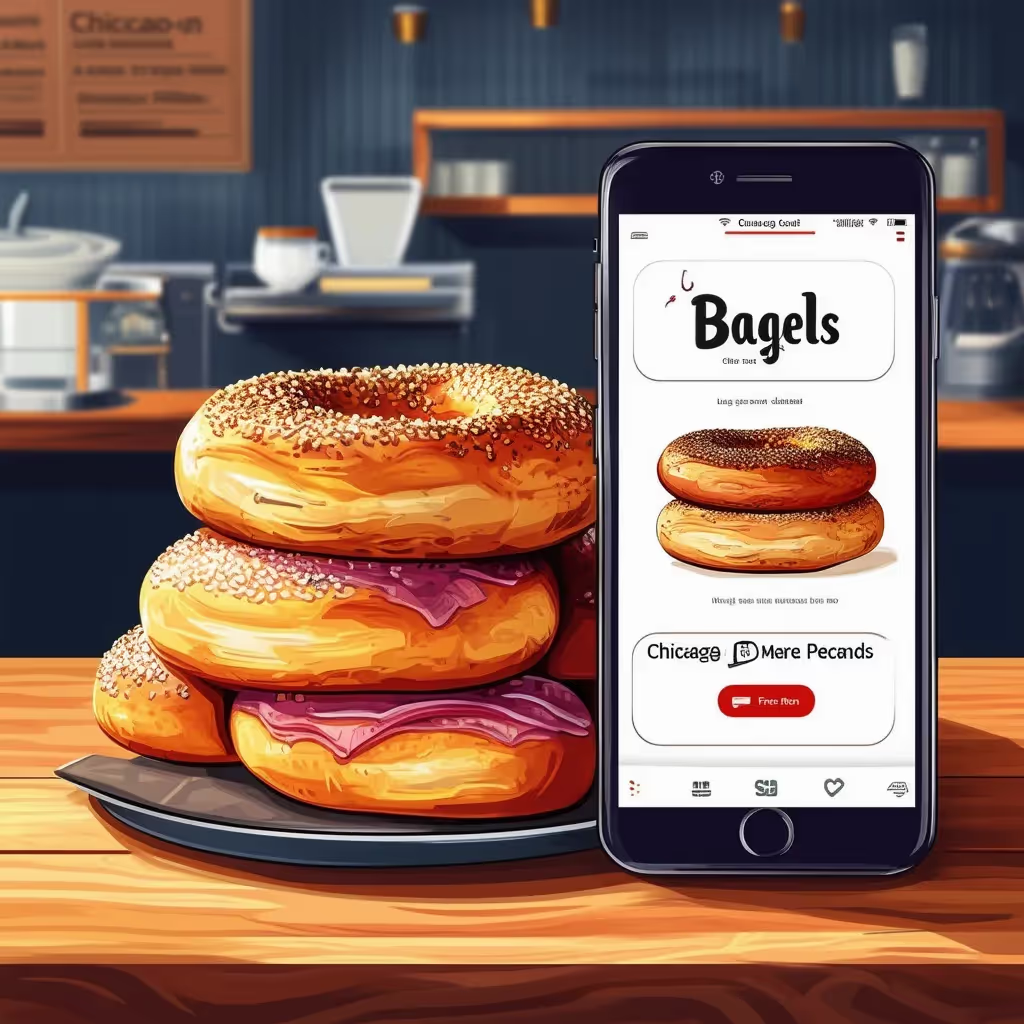
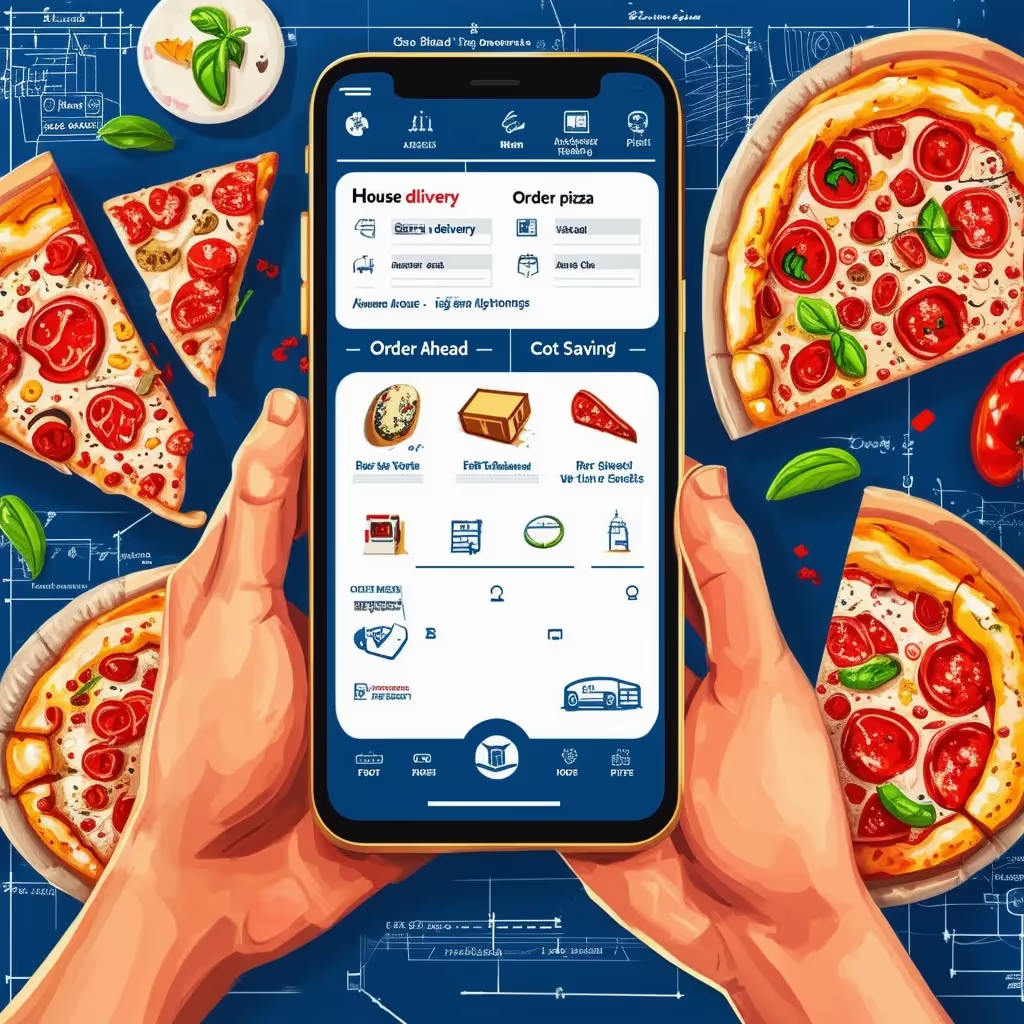

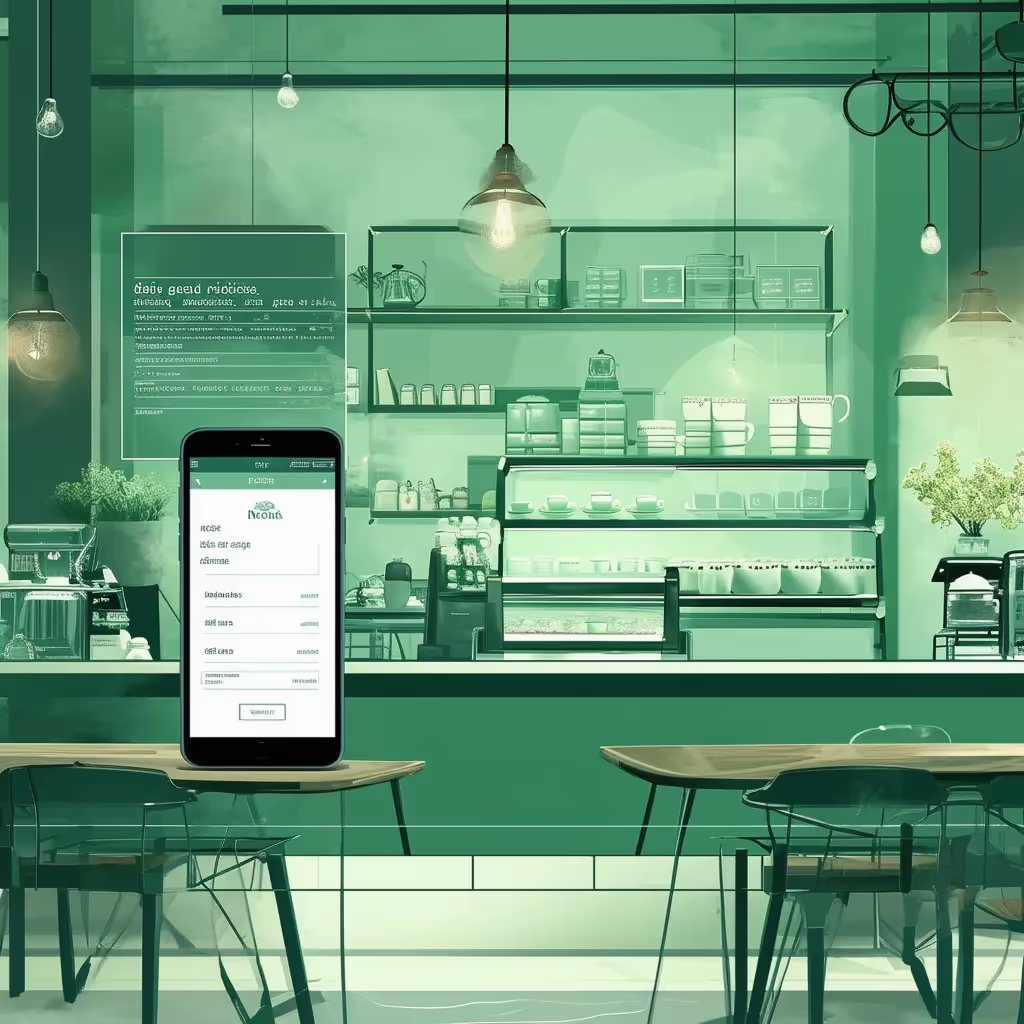

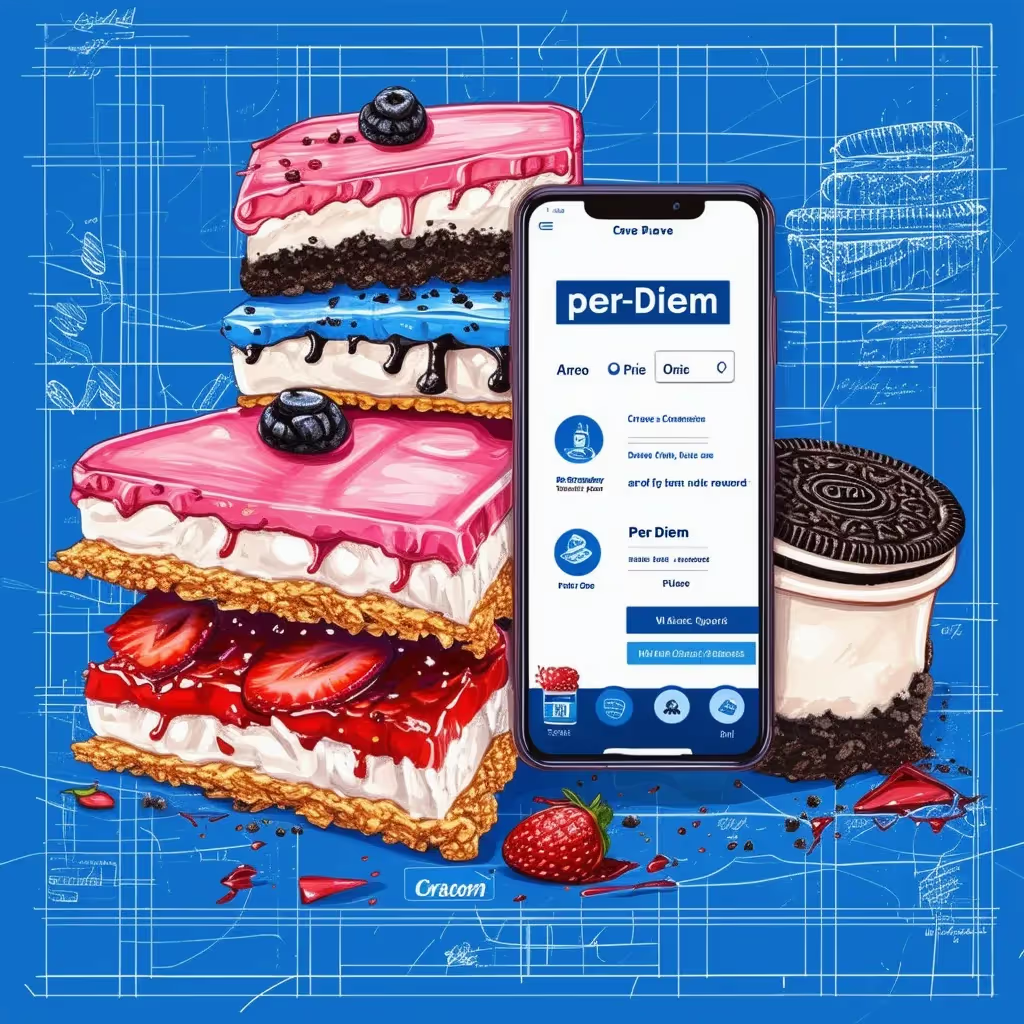
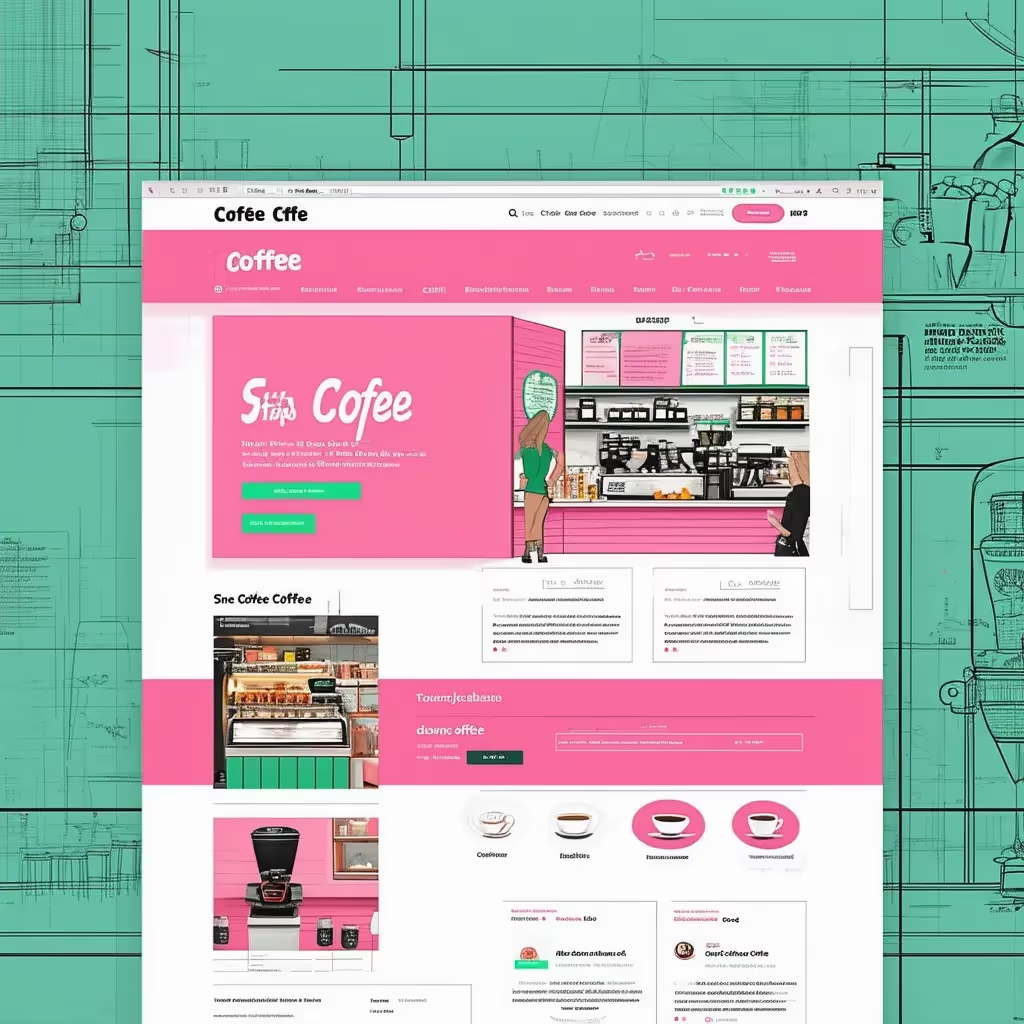
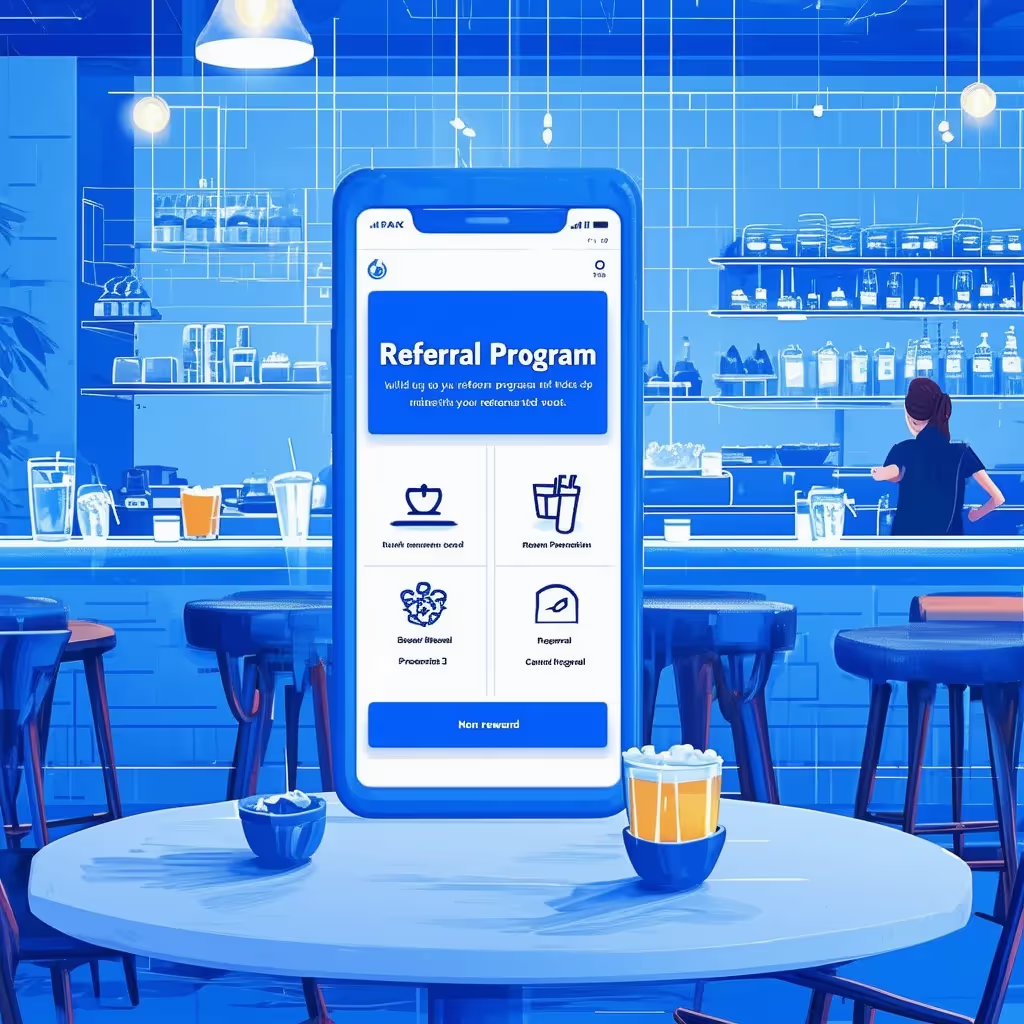


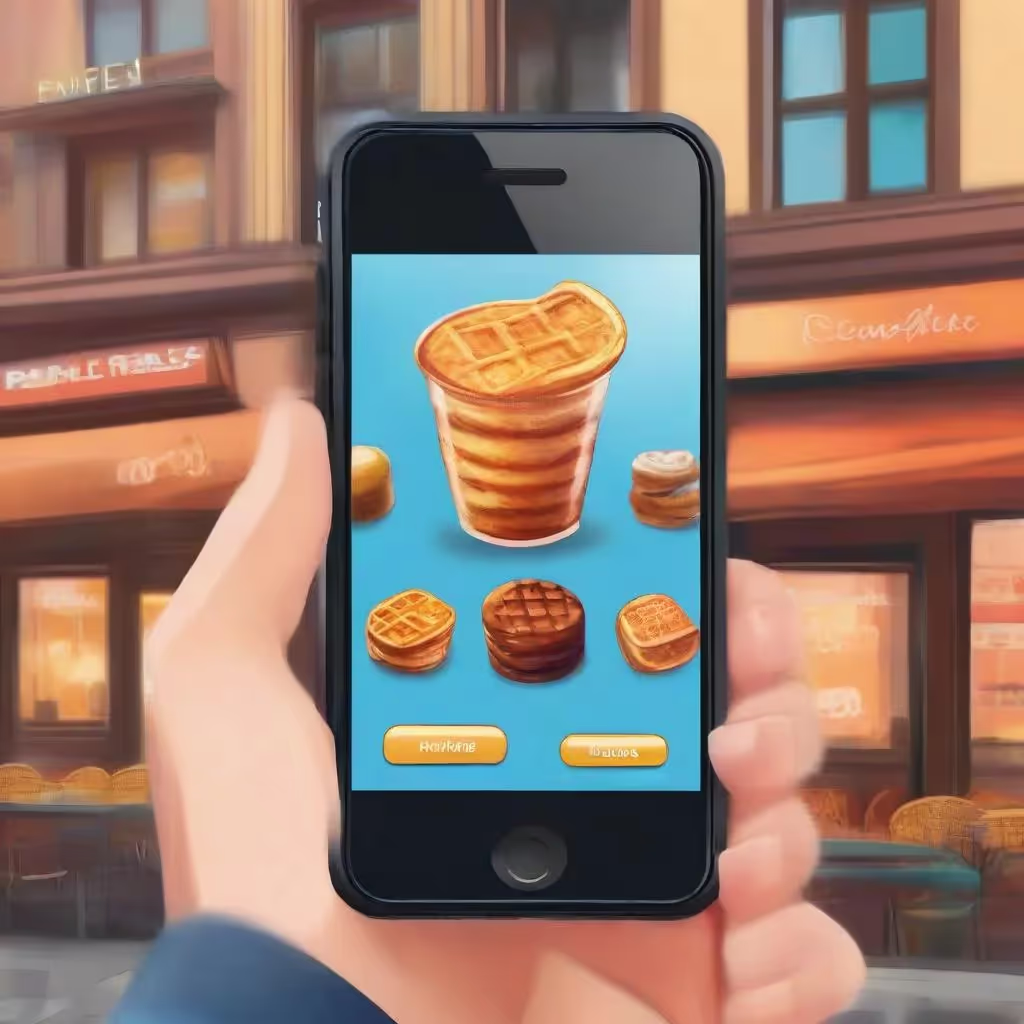
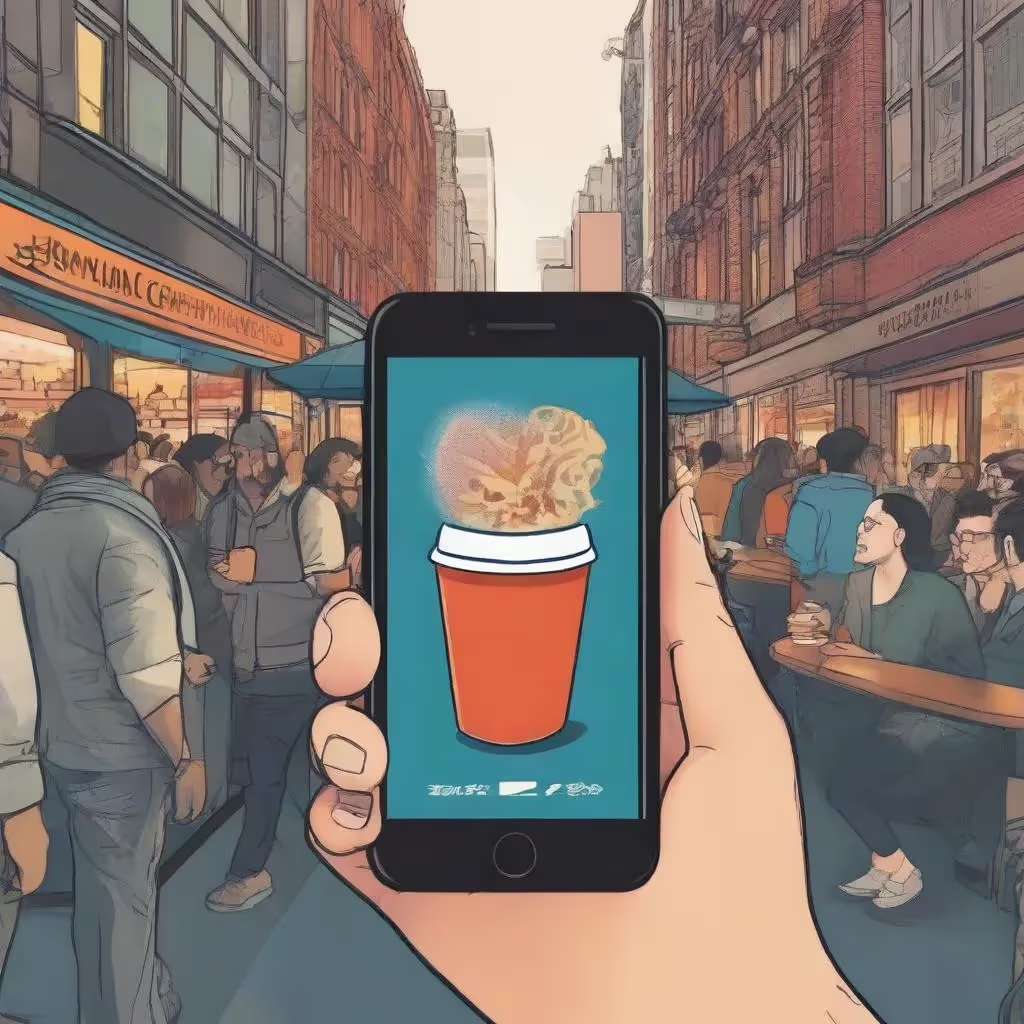
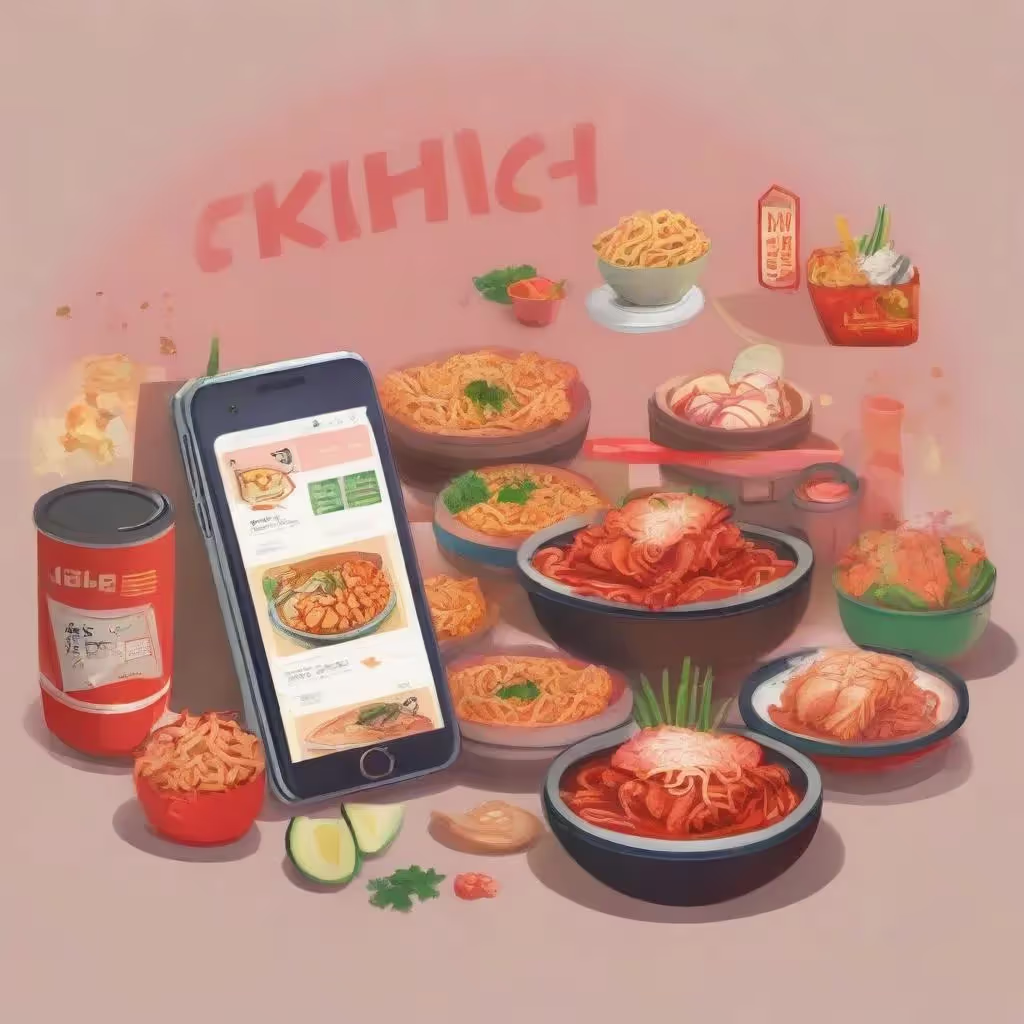
.avif)
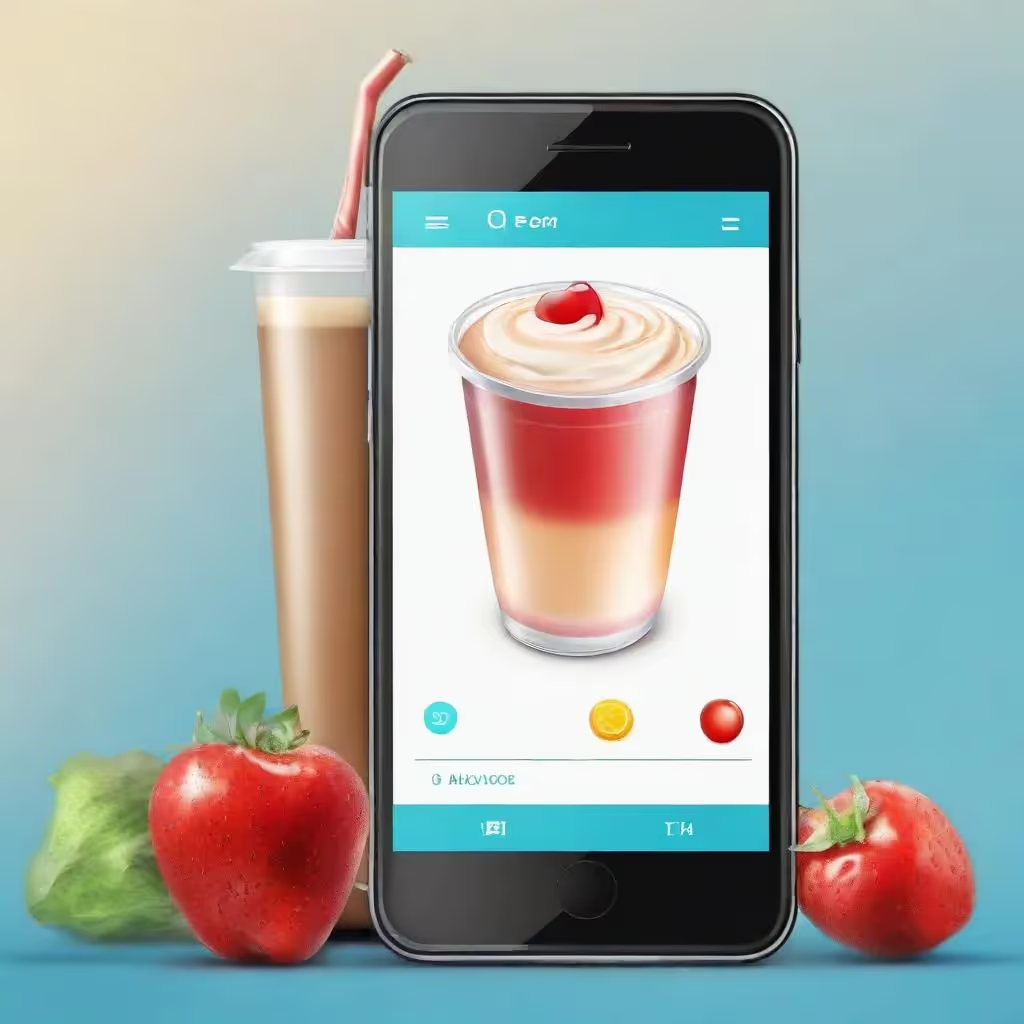



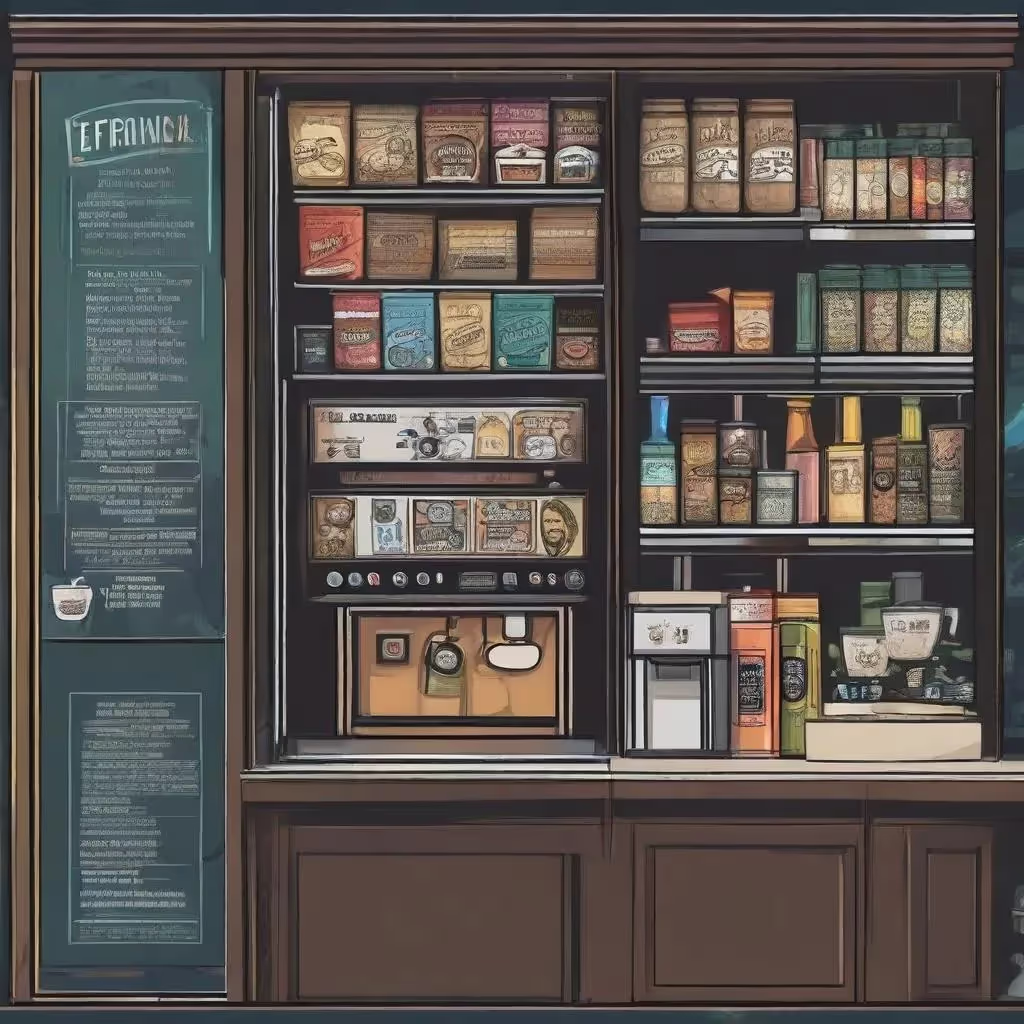
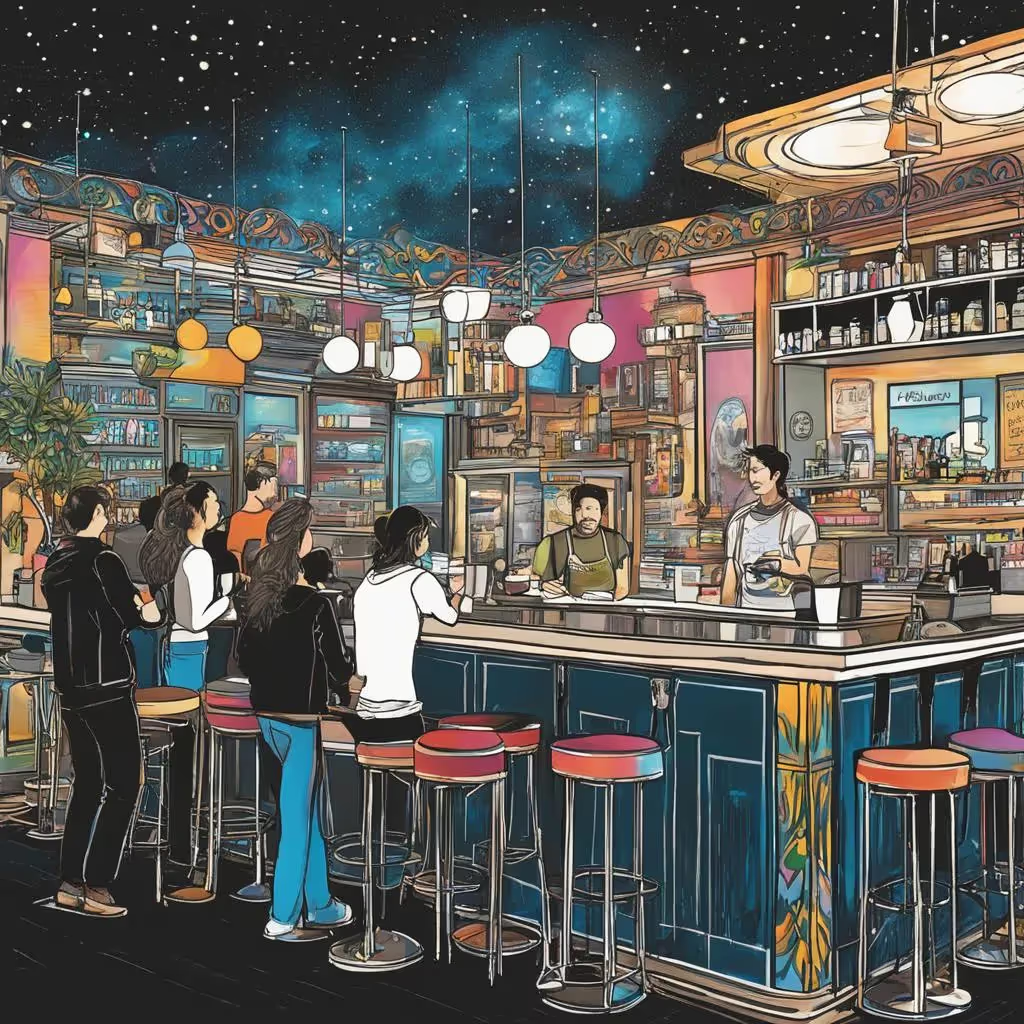
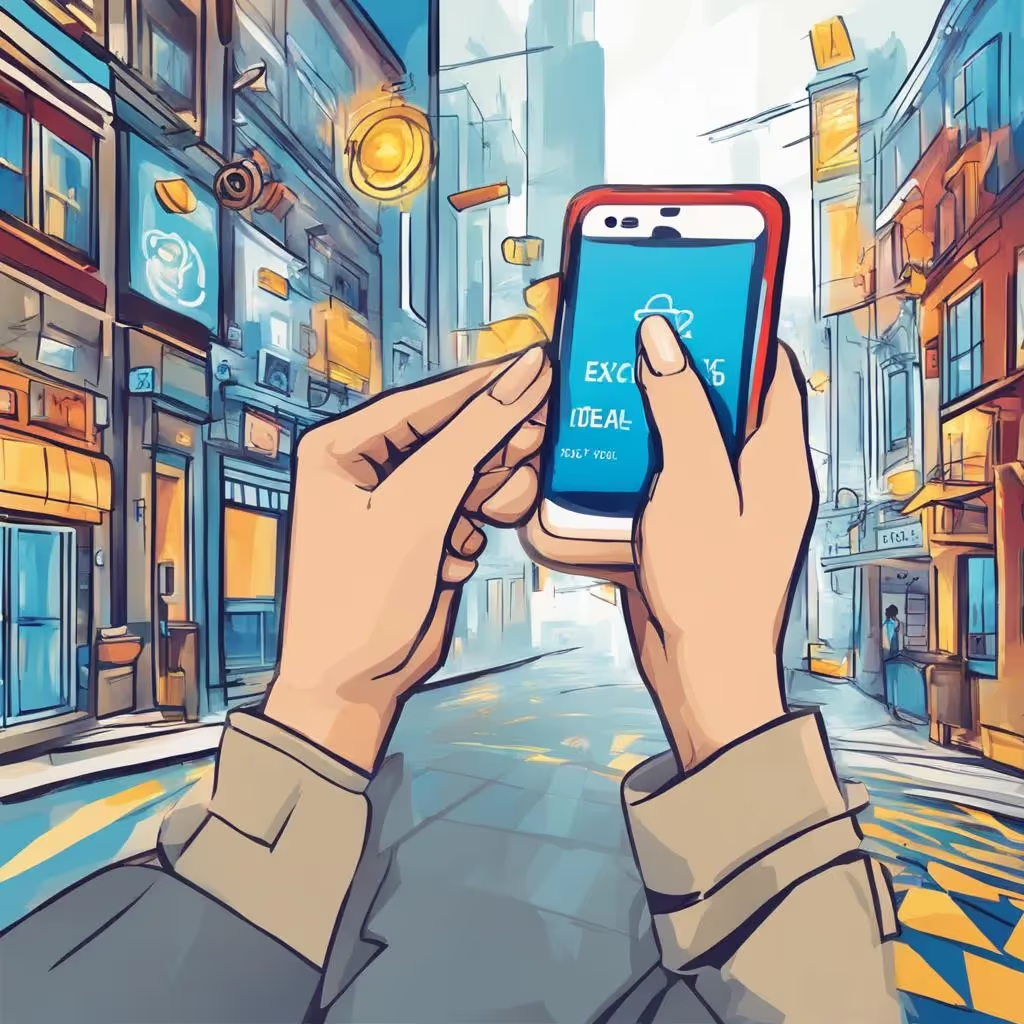
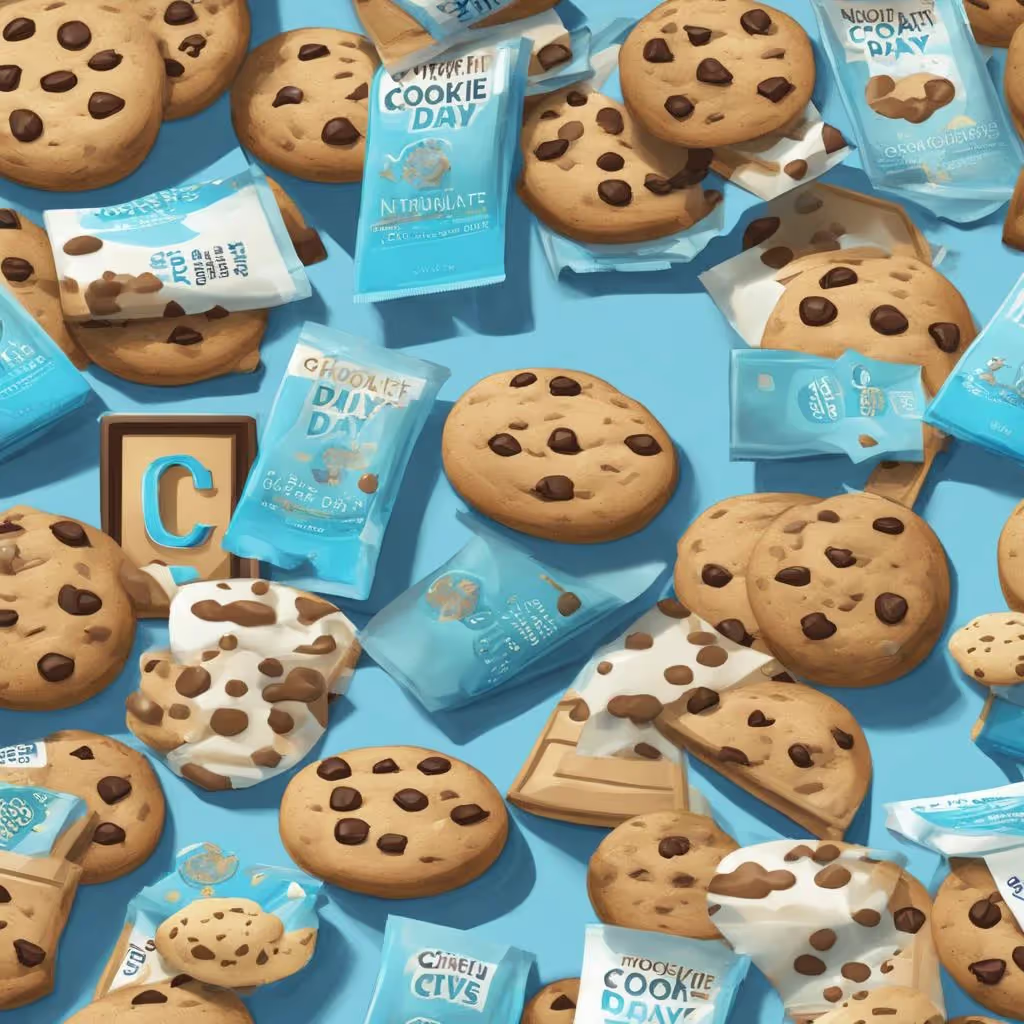
.avif)
